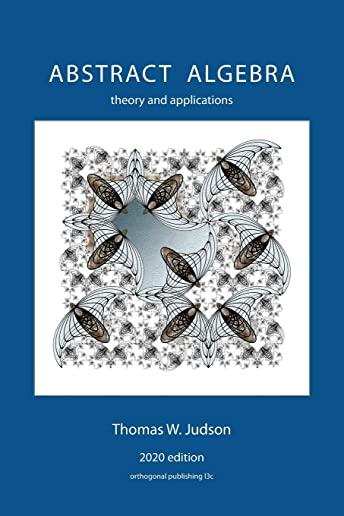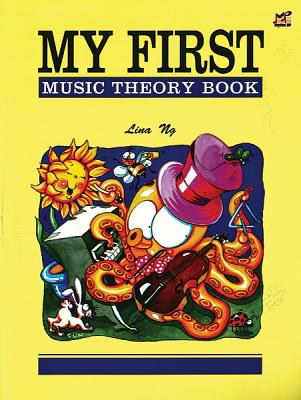
description
nthropologists of our new era or ecological crisis. "Today, the ecological catastrophe challenges us to rethink the space our societies have assigned to art. Creativity, critical thinking, exchange, transcendence, the relationship to the Other and to History are values intrinsic to artistic practice that will soon be of vital importance for the future of mankind. We need art to give a meaning to our lives, and the banks will not supply that. By attempting to unfold a few of the aesthetic figures floating in the global imaginary, this book intends to describe what is at stake in artistic activity in the age of the Capitalocene and to argue for it as a vital need." The current ecological crisis has brought about a new relational landscape: an unprecedented collapse of distances is creating interspecies promiscuities and a crisis of the human scale. With Inclusions, Nicolas Bourriaud proposes that artists are the anthropologists of this new era. Artists acknowledge the fading of the division between nature and culture, which has been the matrix of segregation for millenia. Capitalism, patriarchy, slavery, social segregation, the exploitation of land, subsoil, and animals--all are based on status distinctions between subject and object. Against the commodification of natural elements, Bourriaud sees a new generation of artists calling for a molecular anthropology that studies the human effects on the universe and the interaction between humans and nonhumans. Contemporary art reconnects to archaic magic, the witches, sorcerers, and shamans of precapitalist societies. Against the devitalization of the world, art has managed to preserve certain aspects of the social function and spiritualist practices of these societies. Inclusions explores art history as a network of underground galleries, and sutures sundered connections.
member goods
No member items were found under this heading.
notems store

Jesuit Education at the Crossroads: ...
by Garcia-Huidobro, Juan Cristóbal
Hardcover /Hardcover$110.00
Return Policy
All sales are final
Shipping
No special shipping considerations available.
Shipping fees determined at checkout.






